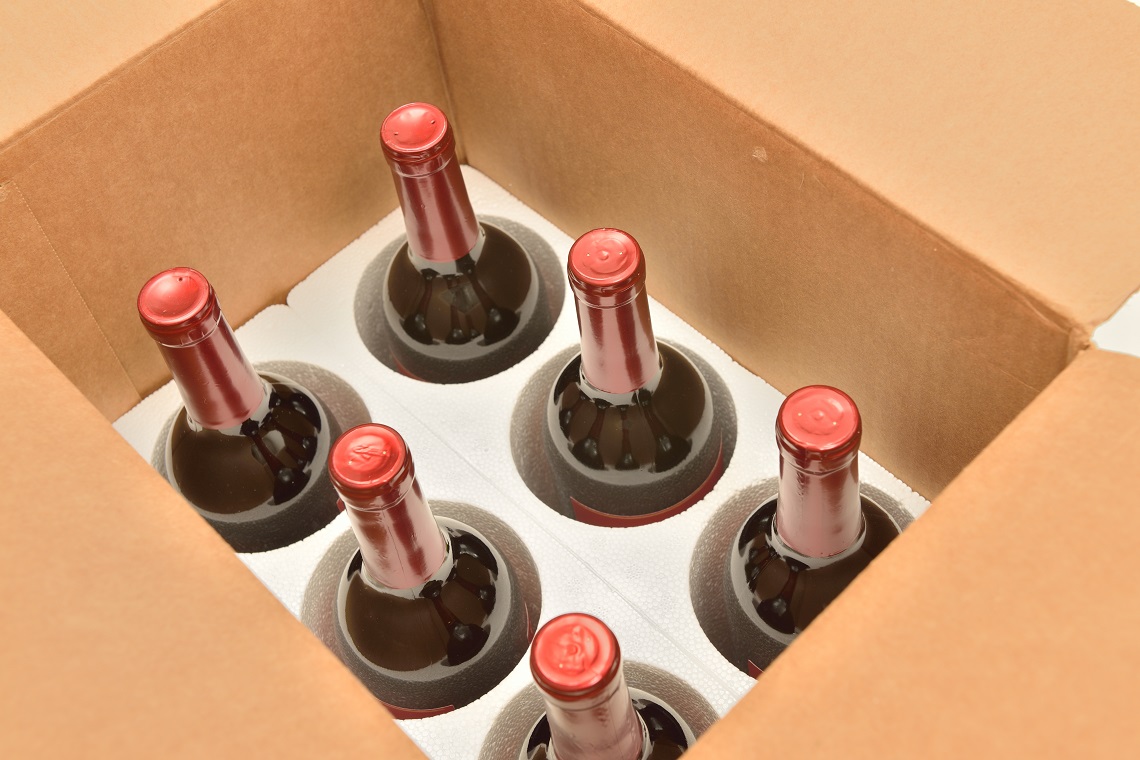Australia has become the first significant wine-producing nation to negotiate advantageous tariff conditions with India after the signing of the Australia-India Economic Cooperation and Trade Agreement (AI ECTA) on April 2.
Existing customs tariffs on wine imported into India sit at 150 per cent, presenting barriers to market for imported wine. When the AI ECTA comes into force, tariffs on Australian wine with a cost, insurance and freight (CIF) value of over US$5 per 750ml bottle will decrease to 100 per cent.
The AI ECTA was welcomed by both statutory industry body, Wine Australia, and advocacy body, Australian Grape and Wine.
Wine Australia’s General Manager of Corporate Affairs and Regulation, Rachel Triggs, said that the new agreement will open up the potential for growth for Australian wine in India.
“The AI ECTA will make India a more viable proposition for small to medium winemakers who have not previously contemplated entering into that market,” Triggs commented.
Triggs’ words were echoed by Tony Battaglene, the Chief Executive of Australian Grape and Wine, who said: “This agreement is a positive first step in our sector’s market-diversification agenda as we seek to recover from the loss of the market in China.”
The Indian market for Australian wine has already seen greater activity in the aftermath of China’s increased tariffs, with Australian wine exports increasing by 81 per cent in value to $12m in the year to December 2021. During this time, volume also increased by 71 per cent to 2.5m litres, with 74 per cent of this volume made up of red wine.
Euromonitor International research has reported that an emergent middle class, increasing urbanisation and a shift from spirits to wine have driven an increased appetite for wine in India, with wine consumption expected to reach 55.5m litres by 2025.
However, Triggs also stressed that it is important to remain realistic about the impact that the AI ECTA will have in the short-term.
“It’s a really, really complex market. Even for exporters in that premium category, it’s going to take a long time for those companies to develop their strategies in the market,” Triggs said.
“It’s important to note that the minimum unit price is quite high. It’s US$5, which equates to about $8 a litre FOB, for which you’d be looking at a minimum pricing in India of about US$40.
“So it’s not going to immediately impact all that many, it’s more about the opportunity in that premium category going forward.”
Battaglene concurred, saying: “The agreement is beneficial for very high-value wine producers, many of which are small and medium-sized businesses.
“They will now have confidence to explore new opportunities in the Indian market as the staged tariff reductions are implemented.”
With time, the tariffs will reduce further, with a phased reduction of five per cent per year for 10 years down to 50 per cent for wines with a CIF value of over US$5. For the super-premium market of wines with a CIF value of over US$15, these tariffs will decrease to 75 per cent, with a phased reduction of five per cent per year for 10 years, down to 25 per cent.
For Triggs, one of the most important factors of the AI ECTA is that it represents a movement in the right direction for standardised winemaking and labelling practices.
“It opens up the potential for a really meaningful dialogue that could eventually result in mutual acceptance of wine making practices,” Triggs explained.
“It would be similar to the type of arrangements we’ve got currently with the EU and the UK, where we’ve fundamentally got a mutual acceptance of winemaking practices, and making wine in accordance with Australian law, and lawfully selling it in those markets. That’s the type of arrangement we’d ultimately be looking at with India.”
Battaglene too, has his eye on the long-term picture, and said: “We see this as a first step towards a mutually beneficial long-term relationship between the Australian and Indian grape and wine sectors.”

